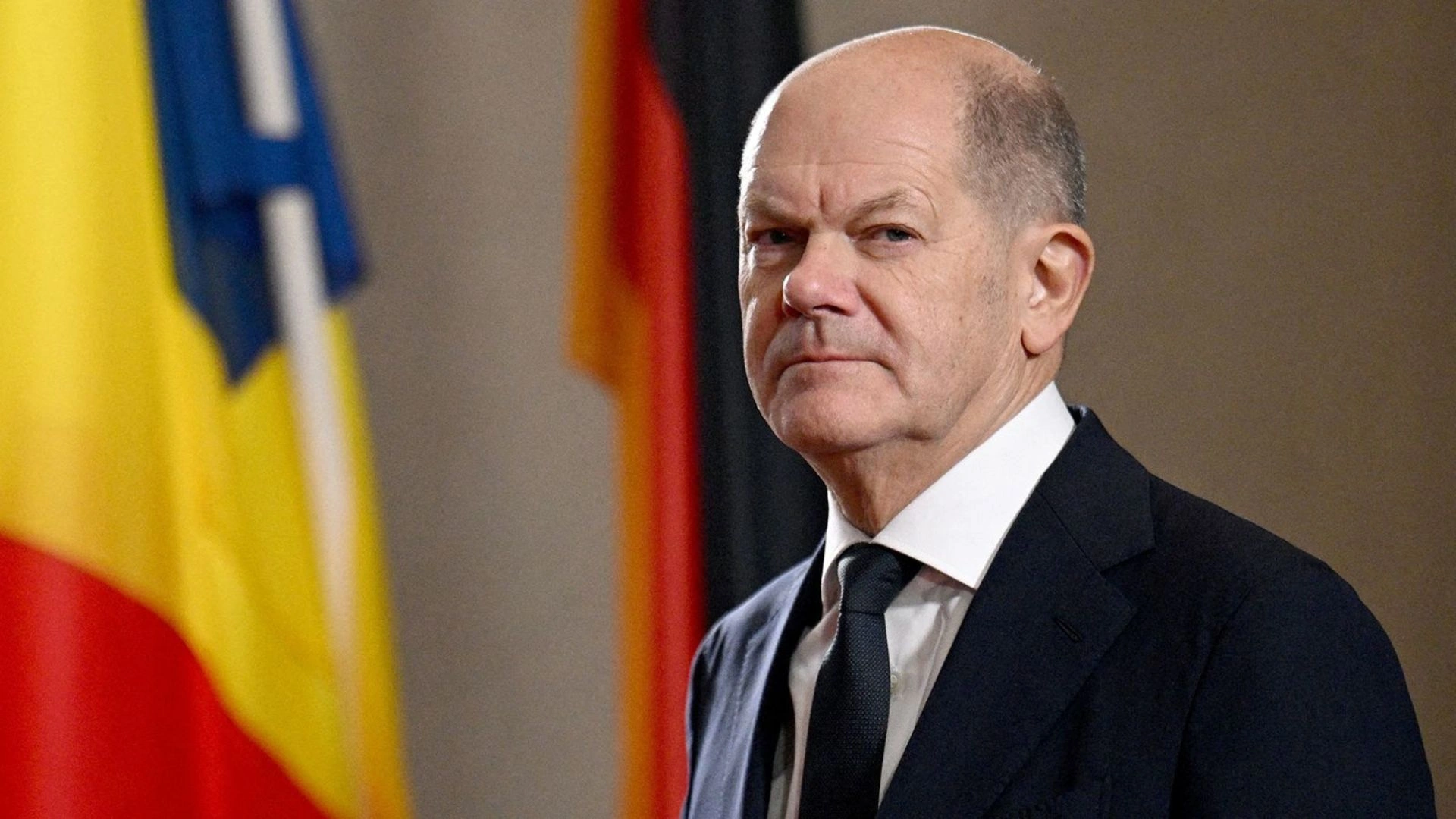

German Chancellor Olaf Scholz is going to face a decisive confidence vote that he is likely to lose.
German Chancellor Olaf Scholz is preparing for a confidence vote this Monday, which he is expected to lose. The political showdown will be a test of Scholz’s leadership and may have far-reaching implications for Germany’s political landscape.
It follows a month of mounting tensions in the Scholz government that finally collapsed last month after intensifying rows over Germany’s troubled economy. Those internal divisions turned fatal when Scholz sacked Finance Minister Christian Lindner, which left his centre-left Social Democrats in a precarious minority coalition with the Green Party. The lack of stability has caused immense legislative gridlock, and demands for new elections are growing.
If Scholz loses the confidence vote, he will be legally obliged to ask President Frank-Walter Steinmeier to dissolve Germany’s parliament. In Germany, if the government is dissolved, a snap election must be held within 60 days. Scholz has already made arrangements with opposition parties, agreeing to schedule a federal election for February 23 should the vote fail. This would pave the way for Germany’s first snap election in nearly two decades.
Chancellor Olaf Scholz’s poll numbers have been plummeting and, by recent German history, is one of the most unpopular leaders in the land. His SPD party sits currently at a pitiful 16 percent voter support, where the center-right Christian Democratic Union has a healthy lead with 31 percent. Far-right Alternative for Germany has seen huge gains; this party polled 18 percent of votes, according to recent polls conducted by Politpro.
The SPD’s popularity has declined, putting Scholz in a tight spot as the party struggles to find its footing amidst a stagnating economy and internal strife. The public’s dissatisfaction with his leadership has only deepened, with many voters questioning his ability to guide Germany through its current economic crisis.
The CDU, under Friedrich Merz, is best placed to take advantage of the government’s instability. Revitalizing Germany’s economy has been Friedrich Merz’s main priority. While the country’s economy contracted last year, and with a prediction of another contraction this year, 2024, Merz’s tax cuts and economic incentives in his proposals are meant to boost growth and attract investments. Many voters are responding well to his proposals, especially on Germany’s economic future.
This has, in turn, signified a shift in the political balance because more people view the CDU as the only challenger to the faltering leadership of Scholz. If there is a snap election, it is likely that the CDU will emerge as the dominant force and pave the way for a massive political change.
Adding further complexity to the political situation in Germany is the growing influence of the far-right AfD. The party has been gaining considerable momentum in recent years, capitalizing on discontent with the mainstream political establishment. In a historic breakthrough, the AfD won a state election in Thuringia in September 2023, marking the first time since World War II that a far-right party had achieved such success in a state election.
The growing popularity of the AfD is a dramatic shift in the political dynamics of Germany, where it has increasingly become an important force in national politics. The ability of the party to connect with frustrated and disillusioned voters raises alarm about the influence of its existence on Germany’s future direction.
If the vote of confidence does result in a snap election, it would be the first time in Germany since 2005 when Chancellor Gerhard Schröder lost to Angela Merkel. A loss by Scholz will mean the end of his tumultuous tenure as chancellor and leave the SPD to confront its declining influence. The party will have to regroup and reassess its strategy moving forward as it tries to navigate an increasingly powerful CDU and an AfD.
The outcome of this confidence vote will determine the course of Germany’s political future. If Scholz loses, the country will enter a new uncertainty phase, as voters ponder their options between the CDU, the AfD, and other political forces.
ALSO READ | Burkina Faso Plunges Into Civil War As Strategy To Hire Civilian Militia Backfires
At a press conference in Lucknow, Samajwadi Party chief Akhilesh Yadav strongly criticized the heavy…
MS Dhoni and Ravindra Jadeja found themselves in a familiar position on Sunday, tasked with…
MS Dhoni's performance has been facing criticism from his own fans, with many calling him…
Tensions flared at the University of Hyderabad as students staged a protest against the Telangana…
The controversy has already led to several trustees leaving the charity and calling for Dr.…
The United States has strongly criticized China’s recent move to encourage citizens to report individuals…